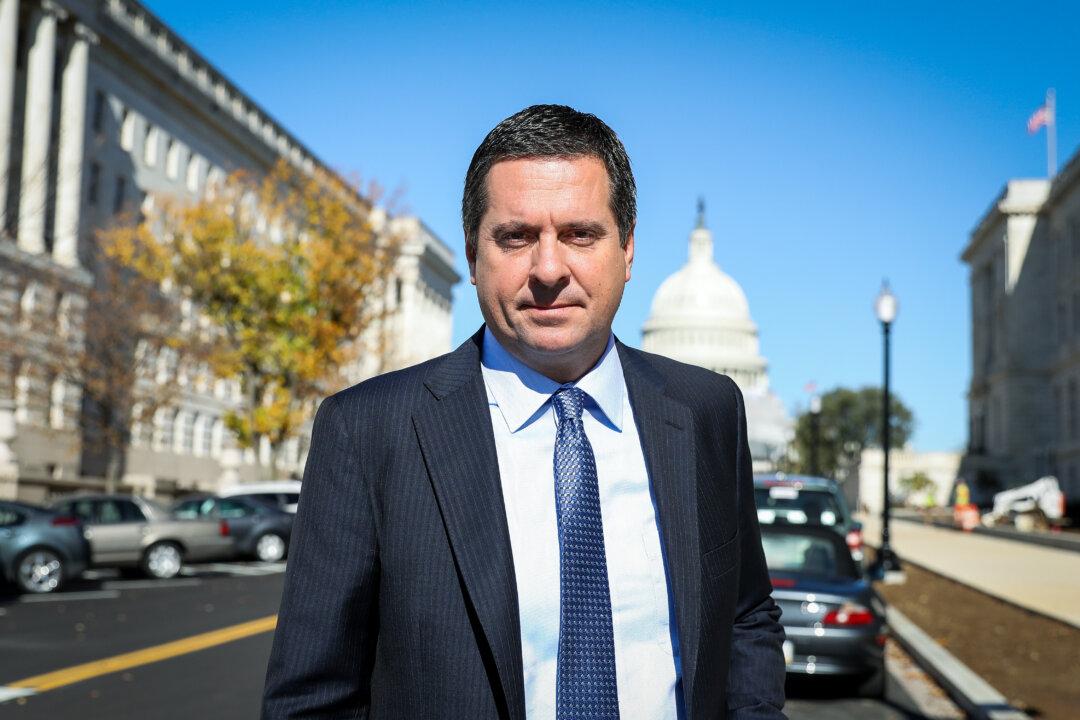On Feb. 12, President Donald Trump announced a list of individuals who will serve on his President’s Intelligence Advisory Board (PIAB).
The members are “a distinguished and trusted group of Patriots” who will advise the president on governing national security and other Intelligence Community (IC) work, according to the announcement released by the White House.





